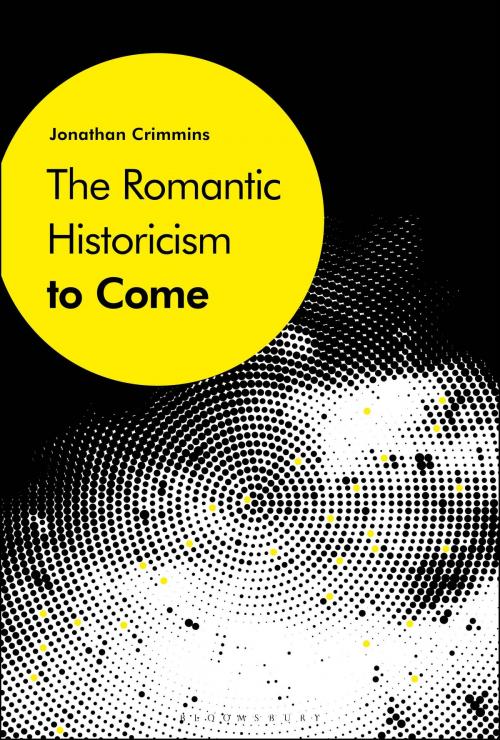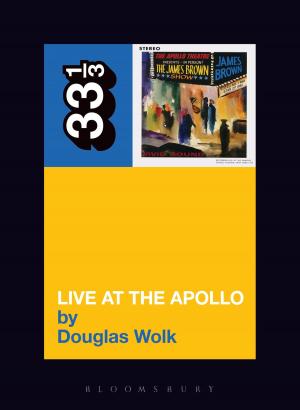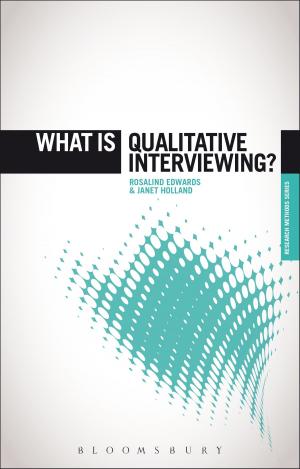The Romantic Historicism to Come
Fiction & Literature, Literary Theory & Criticism, Gothic & Romantic, Theory| Author: | Dr. Jonathan Crimmins | ISBN: | 9781501326981 |
| Publisher: | Bloomsbury Publishing | Publication: | April 19, 2018 |
| Imprint: | Bloomsbury Academic | Language: | English |
| Author: | Dr. Jonathan Crimmins |
| ISBN: | 9781501326981 |
| Publisher: | Bloomsbury Publishing |
| Publication: | April 19, 2018 |
| Imprint: | Bloomsbury Academic |
| Language: | English |
Vacillating between the longue durée and microhistory, between ideological critique and historical sympathy, between the contrary formalisms of close and distant reading, literary historians operate with such disparate senses of what the term "history†? means that the field risks compartmentalization and estrangement. The Romantic Historicism to Come engages this uncertainty in order to construct a more robust, more capacious idea of history.
Focusing attention on Romantic conceptions of history's connection to the future, The Romantic Historicism to Comeexamines the complications of not only Romantic historicism, but also our own contemporary critical methods: what would it mean if the causal assumptions that underpin our historical judgments do not themselves develop in a stable, progressive manner? Articulating history's minimum conditions, Jonathan Crimmins develops a theoretical apparatus that accounts for the concurrent influence of the various sociohistorical forces that pressure each moment. He provides a conception of history as open to radical change without severing its connection to causality, better addressing the problem of the future at the heart of questions about the past.
Vacillating between the longue durée and microhistory, between ideological critique and historical sympathy, between the contrary formalisms of close and distant reading, literary historians operate with such disparate senses of what the term "history†? means that the field risks compartmentalization and estrangement. The Romantic Historicism to Come engages this uncertainty in order to construct a more robust, more capacious idea of history.
Focusing attention on Romantic conceptions of history's connection to the future, The Romantic Historicism to Comeexamines the complications of not only Romantic historicism, but also our own contemporary critical methods: what would it mean if the causal assumptions that underpin our historical judgments do not themselves develop in a stable, progressive manner? Articulating history's minimum conditions, Jonathan Crimmins develops a theoretical apparatus that accounts for the concurrent influence of the various sociohistorical forces that pressure each moment. He provides a conception of history as open to radical change without severing its connection to causality, better addressing the problem of the future at the heart of questions about the past.















